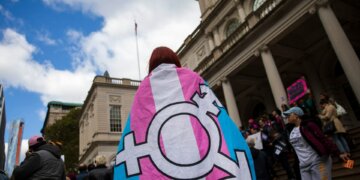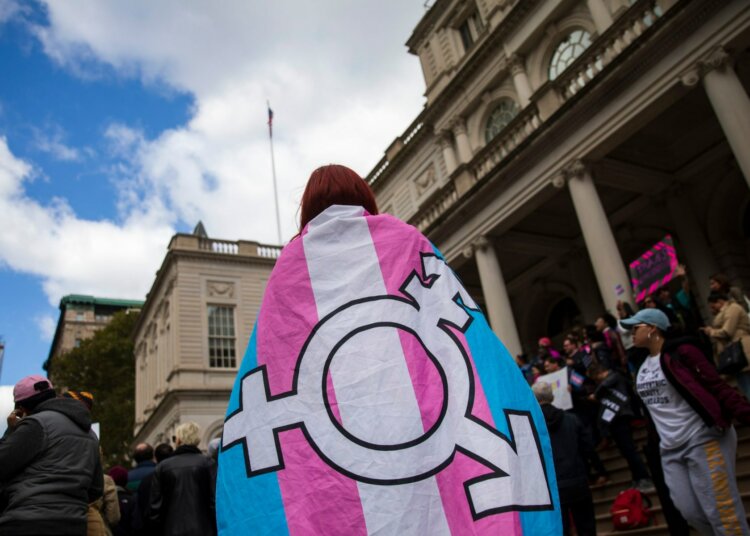Research conducted in 30 countries (15 of them in Europe) concludes that about 9% of the population self-identifies as LGBT+. Ipsos surveyed more than 22,000 people online in countries with very different cultural backgrounds, such as Canada, Peru, Japan or Thailand. In Europe, Spain is the country where most respondents self-identified as LGBT+. The Mediterranean country also has the highest percentage of people who say they have lesbian or gay friends, relatives or co-workers (63%). Also in Europe, Switzerland is the country where most people self-identified as transgender (6%). Six percent of Gen Zers report being trans or nonbinary.
One datum that stands out in the survey, conducted to be published for “Pride Month” (every June), is that 6% of respondents belonging to Gen Z (born after 1997) say they are transgender, nonbinary, gender nonconforming or gender fluid. This figure drops to a half of that number (3%) among Millennials (born after 1981), while 18% of Gen Z respondents in the 30 countries say they are LGBT+, compared to 10% of Millennials. If you ask all age groups, transgenderism and other queer identities account for 2% of respondents, while the total LGBT+ respondents is 9%.
All of these numbers prove only one thing: we are witnessing an epidemic of people who claim they do not belong to binary biological sexuality, who have been manipulated and conditioned by cultural, educational, social, and mass media pressures that have affected their thinking and self-awareness. Five European countries are strongly in favor of same-sex marriage. In the Netherlands, Portugal, Spain, Sweden and Belgium, acceptance is above 70%, again according to the Ipsos survey. However, there seems to be a change in the trend.
Namely, support for same-sex marriage has decreased by 3% or more since 2021 in Western European nations such as the Netherlands, Sweden, Britain and Germany. Support for same-sex unions is the lowest in Romania (25%), Poland (32%), Hungary (47%) and Switzerland (54%). When asked about same-sex parenting, more than 75% of respondents would agree that “same-sex couples should have the same rights to adopt children as heterosexuals” in countries such as Spain, Sweden, and the Netherlands. But even on this issue, data show that fewer people now favor giving children to same-sex parents for adoption than in 2021. The decline is most pronounced in the Netherlands (-8%), Sweden (-4%) and Germany (-3%), while support continues to grow in France (+5%) and Spain (+3%).
And so, between lights and shadows, even in the West there is an awakening of conscience and common sense, a desire to oppose the follies imposed by uniform thinking and powerful governments and international lobbies.




















Discussion about this post